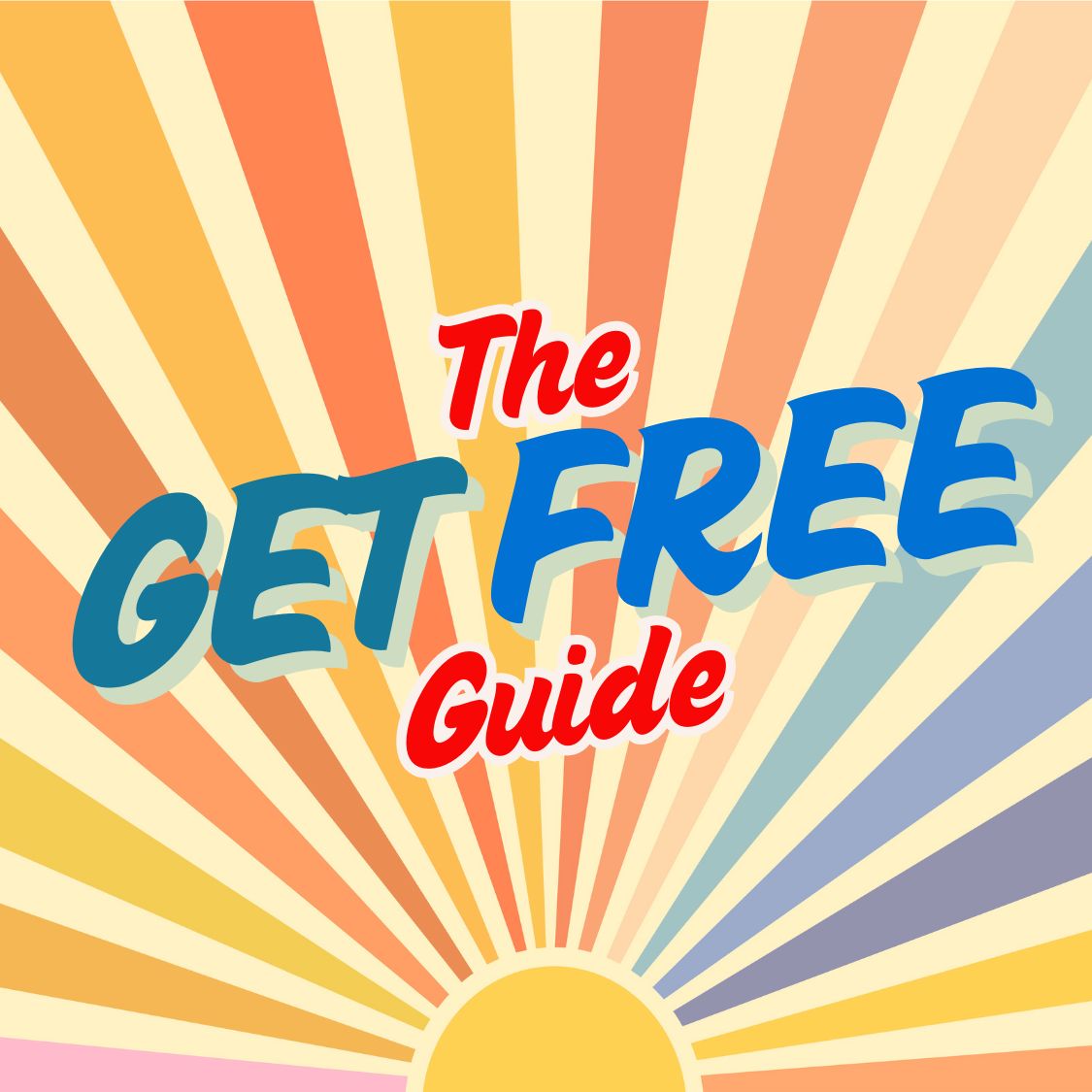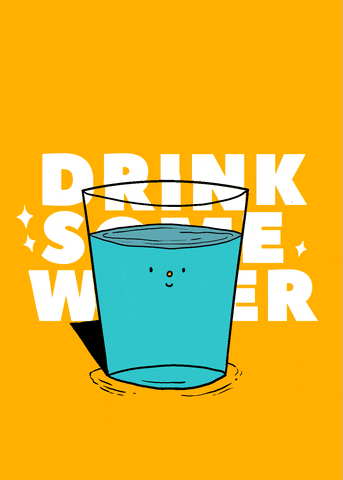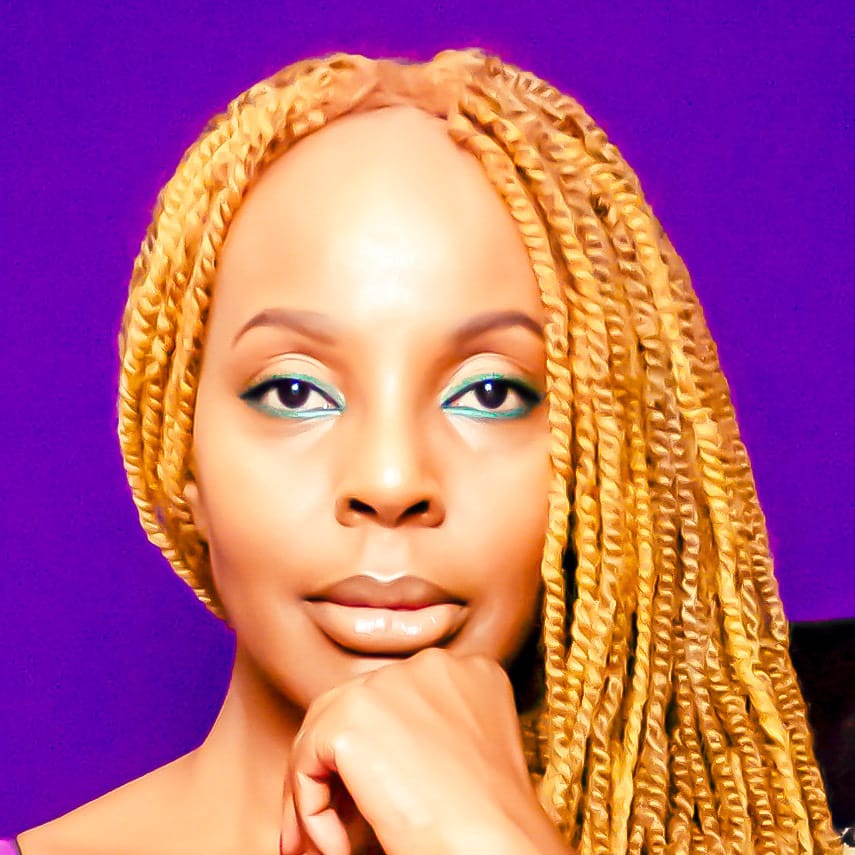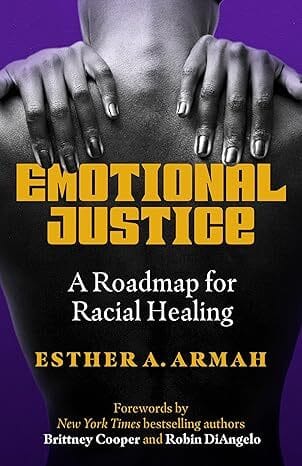- The Get Free Guide
- Posts
- 🤗The Get Free Conversations: Esther Armah
🤗The Get Free Conversations: Esther Armah
Issue 8: Learning the Language of Emotional Justice

Dear GFFs,
It’s the start of the weekend in the middle of summer. I hope you’re grabbing a cool (adult, or not) beverage of your choice and getting your relax ON! In most places (Northern Hemisphere at least) it’s a little HOT! For the Southern Hemisphere GFFs, wrap up warm and sip on your hot cocoa (tip a little Bailey’s in there, thank me later.) And everyone, regardless of where you are, Drink. Your. Water.

So, what are we talking about this week?
I was asked a great question this week, in a work email of all places: how’s your heart? I was whizzing through messages, making sure I’d responded to everything (delete is still my best friend!) when this message came in. It stopped me in my tracks and made me assess: how IS my heart? Physically, it’s fine - it beats like a regular drum, not too fast, not too slow, ever present. But the question wasn’t about the physical state of my heart, it was about the FEELING part of my heart.
It’s probably no surprise that some days, my heart is heavy. My industry (like many) is in real trouble right now and the fall out stings. And when you look out beyond your own slice of the world I don’t need to tell you all how hard it is; some of you are living it in real time and seeing the impact on your friends and families. We are living in wild times.
But thinking about our collective heart reminded me of the work of Esther Armah, journalist, playwright and author of Emotional Justice: A Roadmap for Racial Healing. I recommended her book/audiobook last week, but it seems like a good time to have our first Get Free Conversation - because we’re ALL trying to get free, and we have a lot to learn from each other. Send along your recommendations for people you’d like to hear from, or if you’ve got a story, share your details here and I’ll be in touch.
For now, grab some water and soak in some (lightly edited) wisdom from Esther…
THE GET FREE CONVERSATION: EMOTIONAL JUSTICE

Esther Armah
What is Emotional Justice?
Emotional Justice is a racial healing framework that I created in order for us as global Black people to confront a legacy of untreated trauma, whether we are Black in America, Black in the UK, Black in Brazil, Black on the continent, Black in Europe. We've all been shaped by these harmful systems - colonialism, enslavement, apartheid - and we think about them often in terms of policy and legislation and economy. With Emotional Justice I think about it when it comes to our emotionality: How have we been shaped by these systems? In other words, how do you see yourself? How do you see other people? How are you seen? And how does that then manifest in how you show up in the world, and how you lead, how you work, how you love and how you build. That is Emotional Justice. It is identifying that and then creating language to address it and allow us to go on a healing path to create change and become free.
Can you say more about how Emotional Justice is linked to being free?
Freedom and Emotional Justice, for me, are interconnected, because our emotional relationship to our Blackness is often connected to injustice. It's connected to not being free. It's connected to struggle. It's connected to fighting. So Emotional Justice and freedom is about a safe space where you get to move and breathe and build, not from places of fear or of loss or of lack, but of actual knowing: Knowing that you are enough, knowing that there is enough, knowing that you belong in this world, and that your place is not one that you have to negotiate for or legislate about or struggle for, but it is established. It is identified and it is yours. It's the emotional economy of your identity, that is not something you keep negotiating with the world. It is something that you know, that you understand, and you walk in that, and for me, when you walk in that, THAT is a freedom and that is a justice that is deeply emotional.
What does being free and getting free mean to you?
Getting free for me means asking for help. Being free means receiving all the assistance to help make what I do and what I believe expand and grow beyond my wildest dreams. I connect getting free to receiving help and asking for help and getting help, because I think that as Black women, we are absolutely nurtured to believe that we’ve got to do it by ourselves; figure it out, sort it out, get it done and do it alone, and that somehow the idea of asking for help is some kind of negation of your Black womanhood, of your ability. I think if you do any kind of activism, it's entrenched that you do it alone, that you go it alone. Even though we preach community and community and community all the time, it's not what we practice. So ask for help, accept the help, receive the help, sustain that help and keep receiving it. That's what getting free means to me.
If freedom was a person, place or thing, what would it be?
If freedom was a person, I would want it to be me. My imagining is that freedom comes in this particular Black woman's body, walking and moving in the light of her own dreams, accepting the kind of help to make those dreams come true. Accepting and receiving love and growing and building what she believes, who she is, how she moves in ways that I aspire to embrace, but real talk I don't always embrace. So I would say if freedom was a person it needs to be me. I need to look into my own reflection and see freedom. I'm on a journey, not there yet, though.
You just dropped this DOPE audiobook of Emotional Justice: what are the three things you’d like people to take away?
I just dropped my audiobook Emotional Justice: A Roadmap for Racial Healing and three takeaways.
We all need help to identify how to do our emotional work in ways that actually lead us to a healing that is sustainable and that we can practice, and not something that's just theoretical and analytical and is about data and numbers.
Each of us, in terms of our demographic, has our particular emotional work to do. So my emotional work as a Black woman, it's not the same as the emotional work of a white woman or a white man. That matters, because we've had this really bad habit of somehow thinking that the way we get to healing is recognized, that we're all just good people and we want to do better. I call bullshit. That's never been true. We live in a racialized world, and we have to be honest about that. And so identifying your emotional work and why it's specific to you matters. That's what I do, and that's such a critical takeaway.
There's no magic pill. There's no magic button. It's not Twelve Steps. It is practice, practice and more practice that when you read the book, you have your own love language. Like any language, you learn it, and when you learn a language, you gotta speak it. And when you speak it, you get fluent. And if you don't speak it, you stop being able to understand it or know it or understand others who are speaking that language. And so Emotional Justice is yours: I wrote it, I built it, I invite you to use it, and it's available on Audible right now.
Anything else you’d like to add?
We are living in such crazy, challenging times. Those times are real, they are devastating, and they kind of move us in just cycles of emotional extremes. But I would say to us as global Black people, and especially as Black women, it is so critical that we continue to do our emotional work to sustain ourselves. Why? Because Black women are light bearers, Black women are world builders, Black women are world shapers. And so often we've been expected to take care of the world, even when the world consistently fails to take care of us. So sis, your Emotional Justice matters. Get it, take it. I wrote it for you. I built it for you. It's yours.

How to connect with Esther Armah
A big thank you to our first Get Free Conversation guest, Esther! You can follow her on Instagram, find Emotional Justice at a local bookstore or listen to the audiobook on Audible.
I’ll be sharing more Get Free Conversations in the coming weeks. If you know someone the GFFs should hear from, drop me a note or you can hit “reply” on this post!
🚀Get Your Life: Things to read, listen to, enjoy🚀
Not had a chance to read or pod much this week, but lots of music, so…
🎵 Soundtrack for the week: Free by Little Simz. Saw a snippet of this live set and it’s been on heavy rotation all week, especially for the lyrics: “Can't hold me down 'cause I've always been free / Why they always wanna hate when the love is free…”
✨ If you’ve got a recommendation drop me a line. ✨
THANKS FOR READING!
If you got something out of this issue of The Get Free Guide, give us a follow or a shout out on Instagram and share the love with a friend. We don’t gatekeep around here!
See you next Friday!